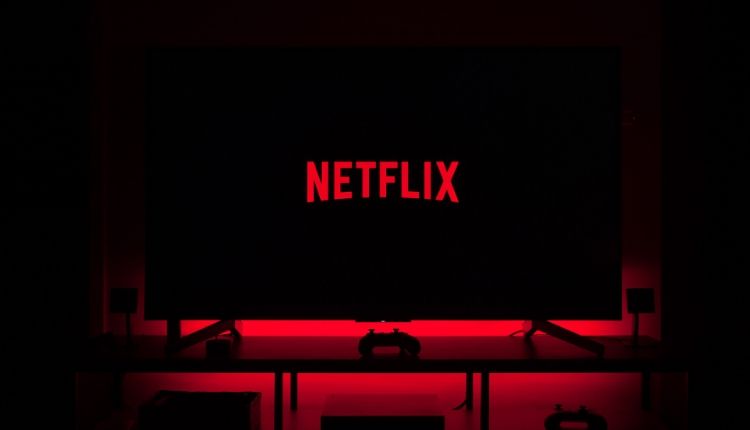Video streaming giant Netflix has added 15.8 million subscribers in the first quarter of 2020 which is a growth of 22 per cent (year-over-year), registering quarterly revenue of $5.77 billion. Netflix now has over 182 million subscribers worldwide. The positive results, despite the ongoing COVID-19 pandemic and fluctuating US dollar, saw Netflix stock up 3.3 per cent in early after-hours trading.
“In our 20+ year history, we have never seen a future more uncertain or unsettling. The coronavirus has reached every corner of the world and, in the absence of a widespread treatment or vaccine, no one knows how or when this terrible crisis will end. What’s clear is the escalating human cost in terms of lost lives and lost jobs, with tens of millions of people now out of work,” the company said in its letter to the shareholders after announcing the quarter results late.
“At Netflix, we’re acutely aware that we are fortunate to have a service that is even more meaningful to people confined at home, and which we can operate remotely with minimal disruption in the short to medium term,” the letter added.
Like other home entertainment services, Netflix is seeing temporarily higher viewing and increased membership growth.
“In our case, this is offset by a sharply stronger US dollar, depressing our international revenue, resulting in revenue-as-forecast,” said Netflix.
“While our productions are largely paused around the world, we benefit from a large pipeline of content that was either complete and ready for launch or in post-production when filming stopped,” the letter further said.
“So, while we’re certainly impacted by the global production pause, we expect to continue to be able to provide a terrific variety of new titles throughout 2020 and 2021.”
Netflix acknowledged that there are three primary effects on its financial performance from the crisis.
“First, our membership growth has temporarily accelerated due to home confinement.
“Second, our international revenue will be less than previously forecast due to the dollar rising sharply. Third, due to the production shutdown, some cash spending on content will be delayed, improving our free cash flow, and some title releases will be delayed, typically by a quarter,’ it elaborated.

